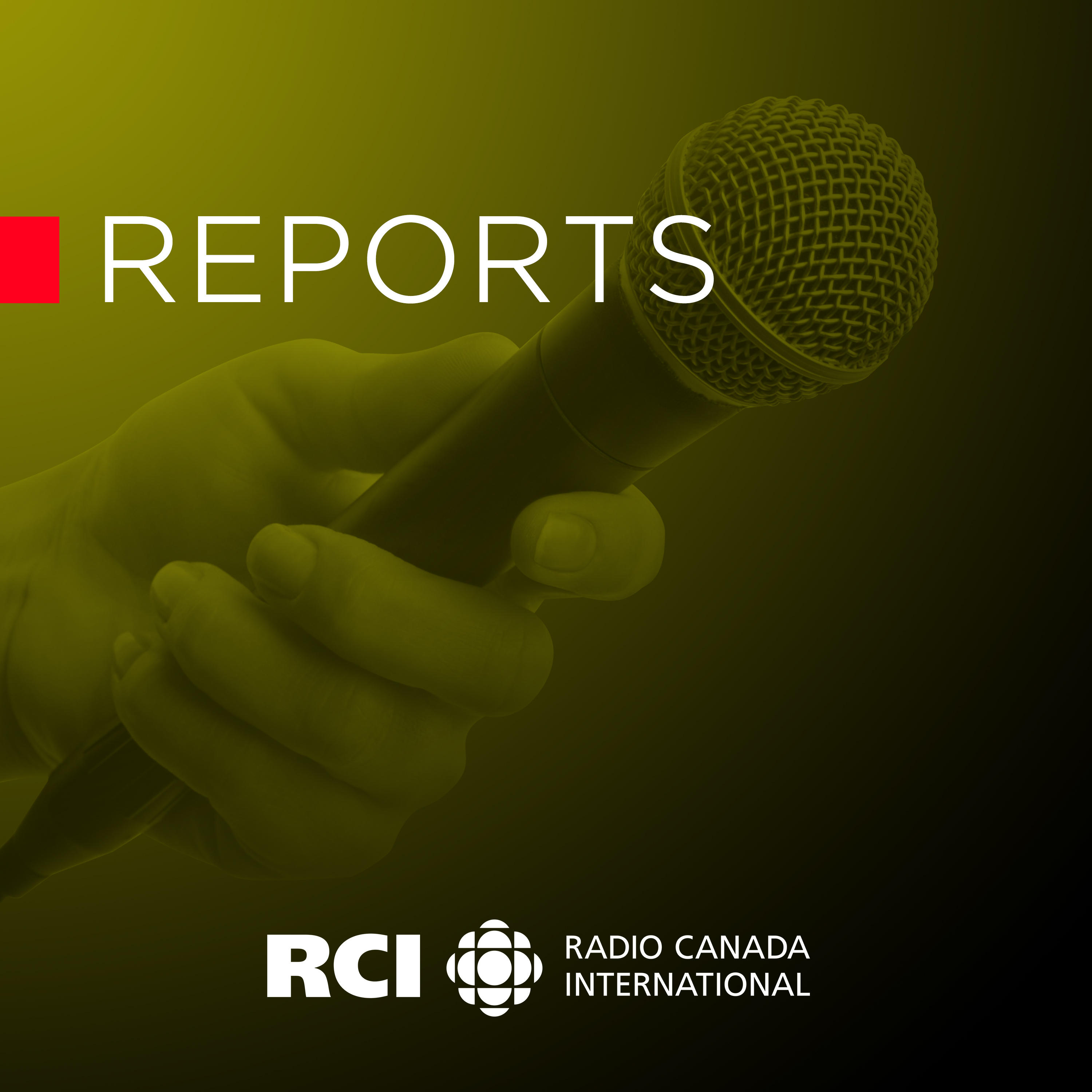Kremlin disinformation campaigns could target Canada’s federal election: expert
Description
As the federal election campaign picks up steam, federal officials should be ready to counter possible Russian disinformation campaigns targeting Canadians, says a Russian expert.
Sergey Sukhankin, a senior fellow with the Jamestown Foundation, a U.S. think-tank, who is teaching at the Concordia University of Edmonton, says Russian and Canadian interests collide in the Arctic, in Ukraine and in the Baltic states, making Canada a likely target for Russian disinformation operations.
“Perceived as one of Russia’s chief adversaries in the Arctic region, Canada is a prime target in the information wars, with Russia potentially even meddling in the October 2019 federal election,” Sukhankin writes in a new University of Calgary study.
“Ottawa should be ready for a new surge in cyberattacks, disinformation and propaganda levelled against Canada in the near future.”
However, Sukhankin said he doesn’t expect the Russian disinformation campaign targeting Canada to be as powerful and far reaching as the Kremlin’s campaigns in Ukraine or the three Baltic states, the United States and the European Union.
Building on Soviet experience
U.S. President Ronald Reagan, right, and Soviet leader Mikhail Gorbachev exchange pens during the Intermediate Range Nuclear Forces Treaty signing ceremony in the White House on Dec. 8, 1987. (Bob Daugherty/AP Photo/ file)
To understand the Kremlin’s 21st century disinformation campaigns, one has to look back to the campaigns waged by the Soviet Union, Sukhankin said in an interview with Radio Canada International.
“In many ways Russia’s current disinformation campaign against Western countries, including Canada, of course, derives its origins from the Soviet period,” Sukhankin said.
(click to listen to the full interview with Sergey Sukhankin)
ListenEN_Interview_3-20190912-WIE30
The Soviets used a number of tools that included disinformation, fake stories, release of the kompromat (compromising materials), and a host of other measures, Sukhankin said.
“What is totally different today, what differs Russian disinformation from the Soviet one is that Russia has been able to get rid of this ideological surcharge, which has made Russian propaganda much more flexible and appealing to various sides of respective societies where Russia tries to channel its disinformation,” he said.
“This at the same time makes Russian disinformation much more dangerous and a much more far-reaching phenomenon than it used to be before 1991.”
Canada is seen by the Kremlin as one of the most russophobic countries, Sukhankin said.
“This is quite explicitly visible in various reports, various papers that are issued by Russia’s pro-Kremlin information outlets such as RT, Sputnik, that portray Canada as Russia’s – I wouldn’t say archenemy – but a country that has been progressively anti-Russian and russophobic since at least 2014,” Sukhankin said.
In the eyes of the Kremlin, Ottawa’s full and unconditional support for Ukraine following Russia’s annexation of Crimea has transformed Canada from an ordinary Western adversary into a country that is part of the vanguard of anti-Russian forces in the West, Sukhankin said.
Waging information warfare at home and abroad
Russian President Vladimir speaks during his annual news conference in Moscow, Russia, Thursday, Dec. 20, 2018. (Alexander Zemlianichenko/AP Photo)
It’s very important to distinguish critical reporting of Western policies and actions in the Russian media from outright disinformation, but often there is only a faint line separating the two, Sukhankin added.
“What Russian disinformation is it usually has a piece of truth, a tiny, tiny piece of truth at its kernel,” Sukhankin said.
More Episodes
Canada's international broadcast service from the English language team of Radio Canada International has come to an end.
RCI, (originally the International Service, CBC-IS) was initially created towards the end of the Second World War. The purpose was to broadcast news and information from...
Published 05/14/21
Published 05/14/21
The cost of compensating victims of Canada's now-infamous residential school system was over $3 billion, according to a final report released Thursday by Parliament's Independent Assessment Process Oversight Committee.
The committee, which has been overseeing the compensation process since...
Published 03/12/21


